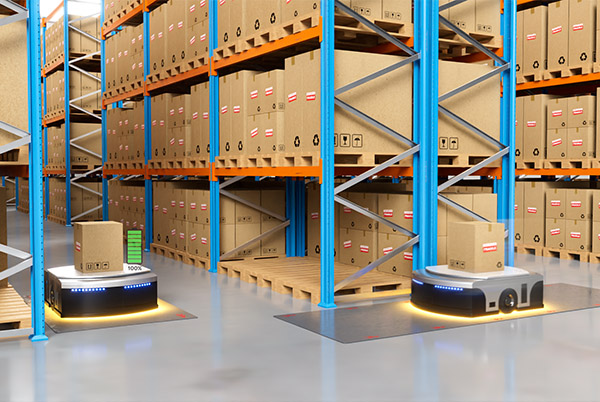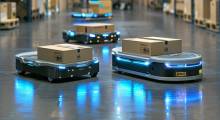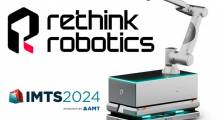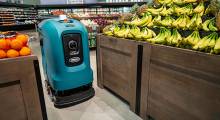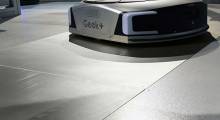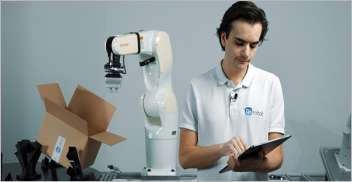Developers have been working to free robots, first from being bolted down, then to being tethered to a power outlet, and now from needing to return to a dock to recharge. CaPow, which said it delivers perpetual power to robotic fleets, today announced its expansion in the U.S. with help from partner JLC Robotics LLC.
“We are honored to be partnering with CaPow,” stated Jamie Callihan, president of JLC Robotics. “Their vendor-agnostic perpetual power solution for mobile robot fleets is a true game-changer.”
JLC Robotics is a leading distributor of materials handling systems including the Thouzer automated guided vehicle (AGV). The Erlanger, Ky.-based company said its national reseller network can help manufacturers alleviate labor shortages with automation.
CaPow provides perpetual power
CaPow said its technology is based on nearly two decades of research, plus an extensive patent portfolio from its team of scientists. The Beersheba, Israel-based company said its “battery-free” system provides constant power flow to mobile robots. This eliminates charging dowtime and reduces both upfront costs and the total cost of ownership for warehouses and factories, it claimed.
“The charging systems on the market today have built-in limitations and inefficiencies,” said Prof. Mor M. Peretz, co-founder and CEO of CaPow. “To charge a robot, it needs to stop working, costing an operation time and impacting its workforce, and this has made achieving the full potential of mobile robots impossible.”
“There were no surprises from physics when we created the concept of energy on the go, but to overcome the challenge of fast, dynamic power consistently while a robot travels, it was a real breakthrough,” Peretz told Robotics 24/7.
With constant power, operators can remove charging stations to free up warehouse or factory space, and it reduces or eliminates the need to store batteries.
“Charging on the go can translate to safety,” Peretz noted. “One customer had rented a loft with 40-ft. containers storing end-of-life batteries. That's like a ticking time bomb. We provide customers the opportunity to reduce the size of the batteries or even the option of using no battery.”
He cited several incidents where well-known mobile robot brands had problems or even caused warehouse fires.
JLC marks start of U.S. expansion
“Since CaPow Genesis solves so many of our clients' problems at once, we are already seeing a huge demand for it,” Callihan added. “There's nothing else like this on the planet, and for us to say we are excited to share CaPow with our clients would be an understatement.”
CaPow said its Genesis system enables 100% operational capacity at all times and eliminates the need for a larger robot fleet to compensate for robots that are charging. The company said facility operators can easily integrate its scalable system into existing or newly designed mobile robots.
“With perpetual power in motion, we are creating opportunities and use cases for mobile robots that simply hadn't even been considered previously,” Peretz added. “Since we came out of stealth mode, we learned that people aren't really looking for charging solutions; they want more efficient warehouse operations, and their first priority is uptime.”
CaPow said Genesis is now available to facilities operators looking to effectively manage their mobile robotic fleets, as well as mobile robot manufacturers.
“We've already had a presence in Europe, where sustainability regulations are starting to be enforced,” said Peretz. “We are excited for our first partnership with JLC and to bring nonstop operational capabilities to operators across the U.S.”
About the Author
Follow Robotics 24/7 on Linkedin
Article topics
Email Sign Up

